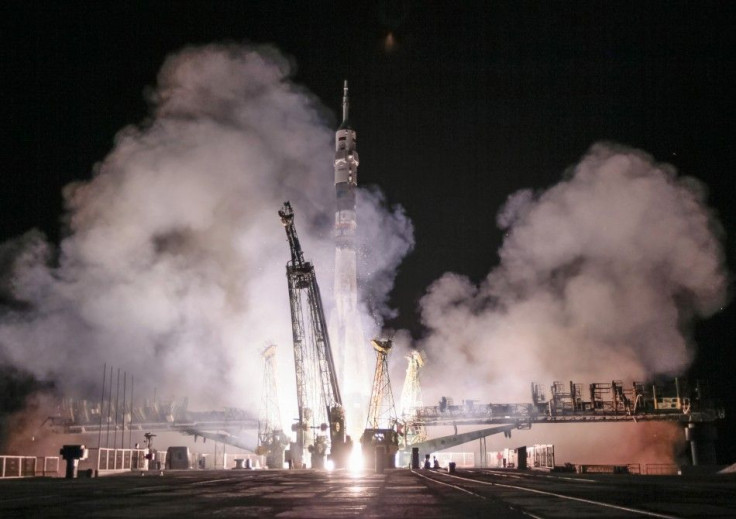Russia to cut down funds for International Space Station

The Russian government has decided to cut down the amount it spends on the International Space Station (ISS). The government’s latest budget drafts for 2015-16 provide for only US$3.3 billion (AUS$4.73 billion) a year to be spent on NASA’s space station.
This marks a 10 percent reduction in the funding amount from a previous draft released in April 2015, reports Voice of America, citing local Russian newspaper The Izvestiya.
The Izvestiya cited the final draft of the Federal Space Program (FSP) submitted by Roscosmos (Russian Federal Space Agency). It said that over the next decade, Russia will allocate the said amount for flight control, servicing the Russian segment of ISS and implementing a program of scientific experiments, according to Russia Beyond The Headlines.
Russia is one of the five countries, among them the United States, that collaborate in operating the International Space Station. It contributes mainly by transporting the ISS crew to and from the station as the United States has retired its fleet of vehicles for sending astronauts into space.
The Russian decision to reduce its ISS funding comes at a time when the Gagarin Cosmonaut Training Center, from where the conquest of space began back in 1960, is celebrating its 56th anniversary.
It was on Jan. 11, 1960 that the commander-in-chief of the Soviet Air Force, Konstantin Vershinin, issued a secret decree on the creation of a military unit for space travel training. According to Russia Beyond the Headlines, the first group of cosmonauts were prepared in less than a year as against the current average preparation time of seven years for a cosmonaut to take the first flight.
There are currently 37 Russian cosmonauts in training at the centre. Of these, 16 are still waiting for their first space voyage. Only two of the group members are women.





















